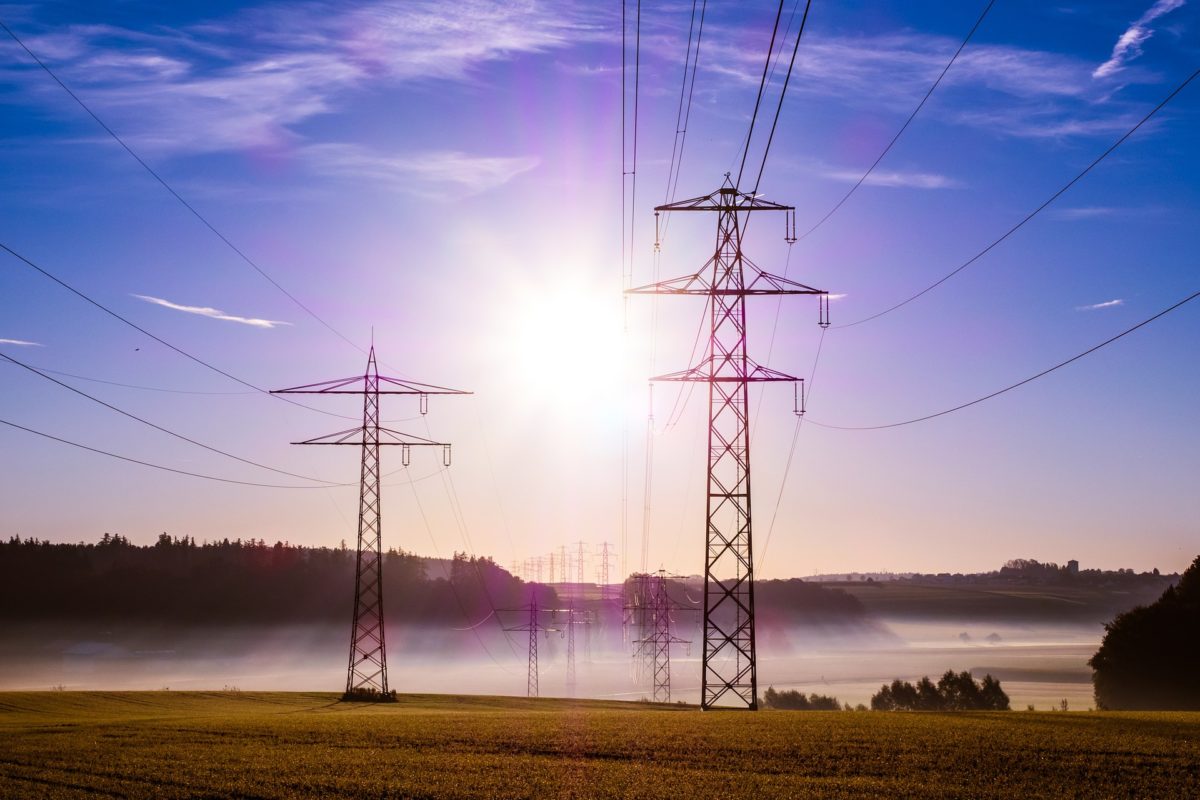The U.S. Department of Energy (DOE) announced up to $24.5 million in two funding opportunities to support research and development (R&D) for technologies needed to expand the country’s power grid with resilient, clean energy sources.
The DOE is offering up to $20 million for R&D projects focusing on flow battery systems. These electrochemical batteries use externally stored electrolytes, making them cost less, safer, and more flexible and adaptable. Although lithium-ion batteries are commonly used in electric vehicles and portable devices for various applications, the DOE said flow batteries are particularly well-suited for grid-scale energy storage.
With this funding opportunity, DOE will partner with industry to address technical and manufacturing challenges that have prevented flow battery systems from achieving cost targets and commercial viability. The department is seeking proposals for collaborative, multi-stage R&D projects that improve manufacturing processes for individual flow battery components and integrate those new or improved components into a prototype system with a mid-sized capacity for grid, industrial, or transportation applications.
In addition, the DOE is offering up to $4.5 million for the Conductivity-enhanced materials for Affordable, Breakthrough Leapfrog Electric applications (CABLE) Conductor Manufacturing Prize. The department said conductivity-enhanced materials can help address the climate emergency by easing the addition of renewable resources and electric cars to the grid, maximizing new energy storage technologies, and supporting efficiency in electricity-intensive sectors like transportation and manufacturing.
CABLE is a three-stage, three-year prize that will award up to $4.5 million in cash and vouchers to competitors. Stage one, which focuses on materials and manufacturing concepts for enhanced electrical conductivity, is now open.
Funding is through the DOE’s Office of Energy Efficiency and Renewable Energy’s Advanced Manufacturing Office. More information about the opportunities is available here.
This content is protected by copyright and may not be reused. If you want to cooperate with us and would like to reuse some of our content, please contact: editors@pv-magazine.com.









By submitting this form you agree to pv magazine using your data for the purposes of publishing your comment.
Your personal data will only be disclosed or otherwise transmitted to third parties for the purposes of spam filtering or if this is necessary for technical maintenance of the website. Any other transfer to third parties will not take place unless this is justified on the basis of applicable data protection regulations or if pv magazine is legally obliged to do so.
You may revoke this consent at any time with effect for the future, in which case your personal data will be deleted immediately. Otherwise, your data will be deleted if pv magazine has processed your request or the purpose of data storage is fulfilled.
Further information on data privacy can be found in our Data Protection Policy.